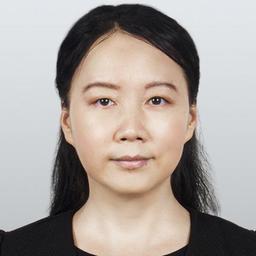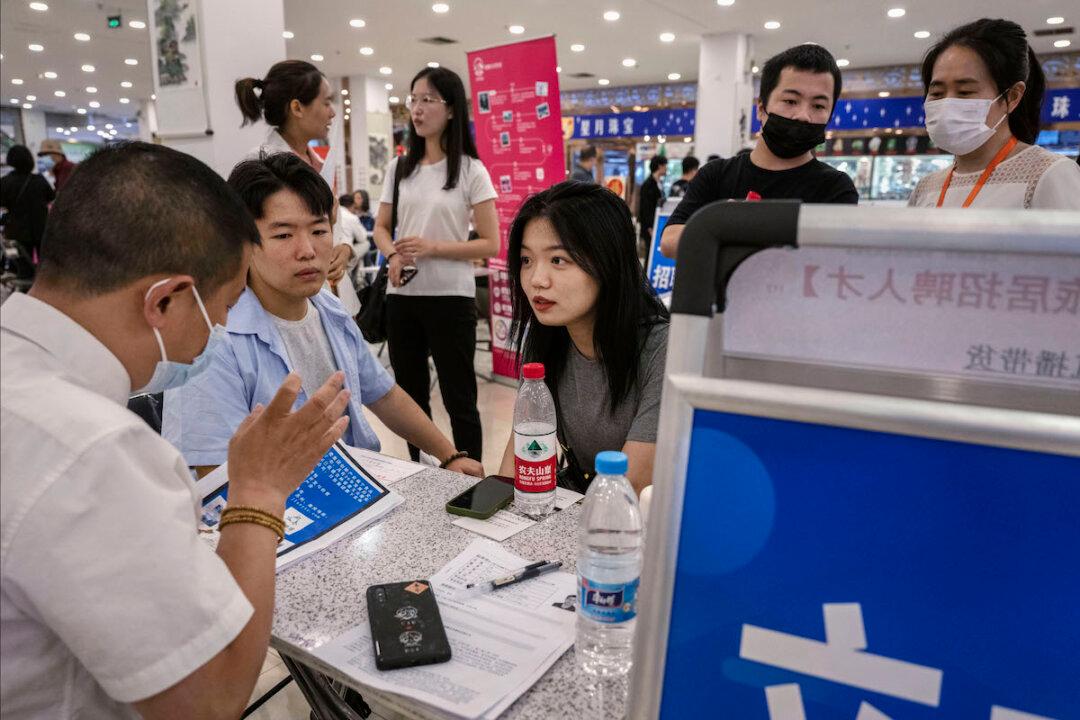Peking University Health Science Center released 20 obituaries between Dec. 20, 2022 and Jan. 7, 2023—a little over two weeks. The deceased join a growing list of public figures whose deaths have been announced in recent weeks.
After China abruptly relaxed its zero-COVID policies in early December, it saw an overwhelming outbreak of the virus. Yet the reported death toll remains low, with new deaths each day said to be in the single digits.
Notable Deceased
Most of the deceased from the medical school were advanced in years; the youngest was 56 years old. Nineteen out of the 20 obituaries failed to mention a specific cause of death. The only exception was that of Tong Tanjun, a cytologist from the University’s department of Biochemistry and Biophysics, who died after an accidental fall.Notable were two prominent professors of public health, Lu Chunlin, 86, and Cao Jiaqi, 98. As part of a surgical team, both men participated in the Chinese Communist Party’s (CCP) efforts to provide aid to North Korea during the Korean War (referred to by the regime as the effort to “resist U.S. aggression and aid Korea”).
Leader in Organ Transplants
Peking University Health Science Center is the medical school of Peking University. The sprawling Peking University Health Science system includes 6 directly affiliated hospitals, 4 co-managed hospitals, and 11 teaching hospitals.Forced Organ Harvesting Allegations
The World Organization to Investigate the Persecution of Falun Gong (WOIPFG), a U.S. based nonprofit, has been tracking Chinese involvement in the crime of live organ harvesting since 2006.The focus of WOIPFG’s efforts is China’s use of Falun Gong adherents to supply its thriving transplant industry.
Falun Gong, also known as Falun Dafa, is a spiritual practice based on the moral principles of truthfulness, compassion, and tolerance. Introduced in May 1992, it quickly gained a huge following, with official estimates of 70 to 100 million practitioners.
In 1999, then-CCP leader Jiang Zemin launched a campaign against Falun Gong, with the goal of wiping out the practice. Since that time, hundreds of thousands of Falun Gong members have fallen victim to China’s “reeducation” centers, psychiatric wards, and prisons.
There is extensive evidence, including first-hand accounts and recorded admissions by medical staff, that Falun Gong members are a primary source of organs for transplant, despite official statements to the contrary.
According to WOIPFG’s investigative reports, nine hospitals in the Peking University Health system are suspected of participating in forced organ harvesting.
The Numbers Don’t Add Up
In 2013, Zhu Jiye, director of the Hepatobiliary Surgery Program at Peking University People’s Hospital, told China Economic Weekly that the hospital had performed 4,000 liver and kidney transplants in a one-year period.Ironic Link for CCP Cadres
The extensive list of obituaries at the renowned medical school may not be coincidental. Loyal party members who form China’s academic, scientific and medical elite have access to first-class health care. That world-class care—unavailable to most Chinese—frequently includes organ transplants.Although they sometimes bestow extended longevity on senior party members, organ transplants have their limits. When it comes to COVID-19, they may actually be a risk factor, as transplant recipients must take anti-rejection drugs that suppress their immune systems.






